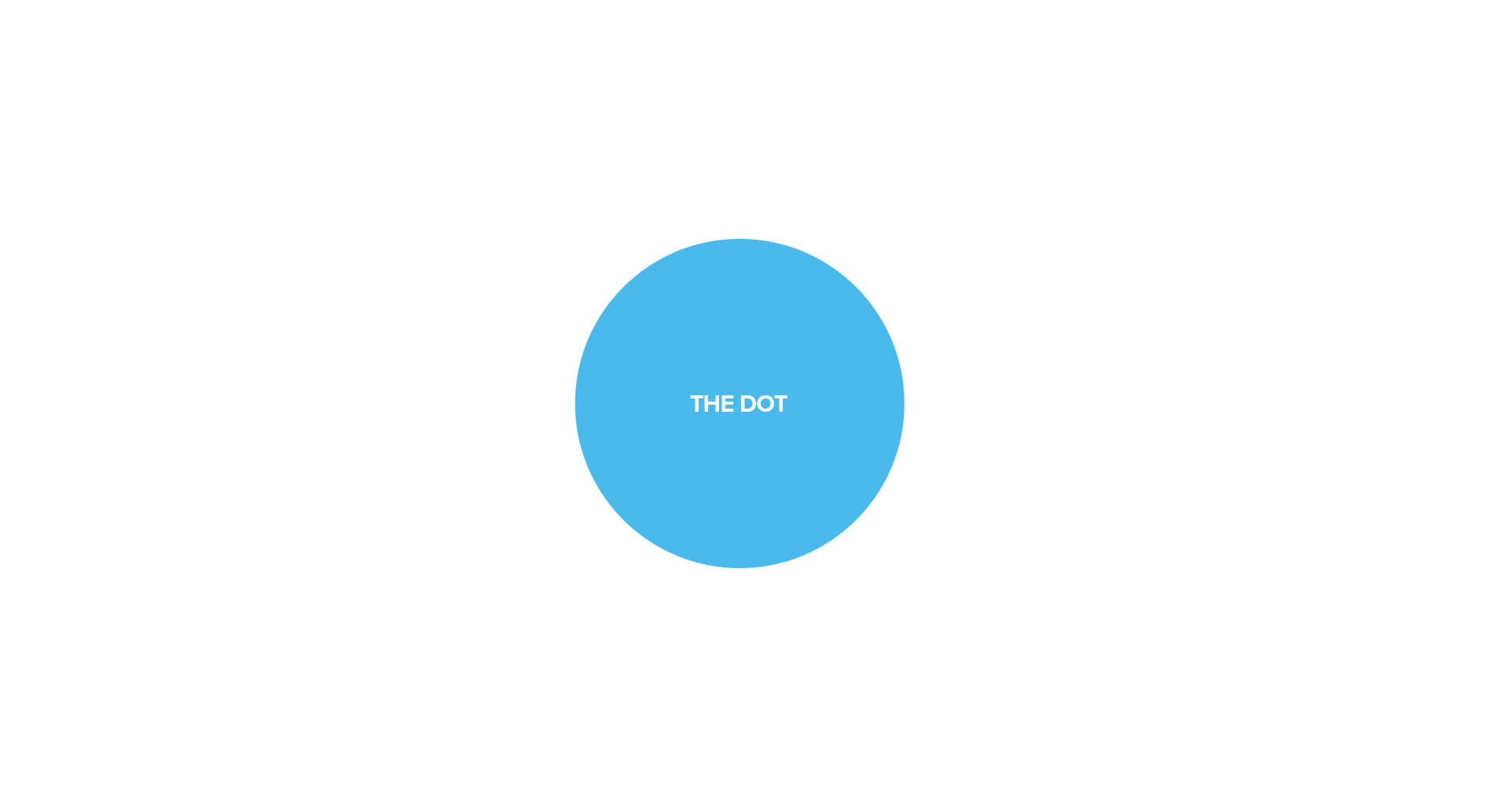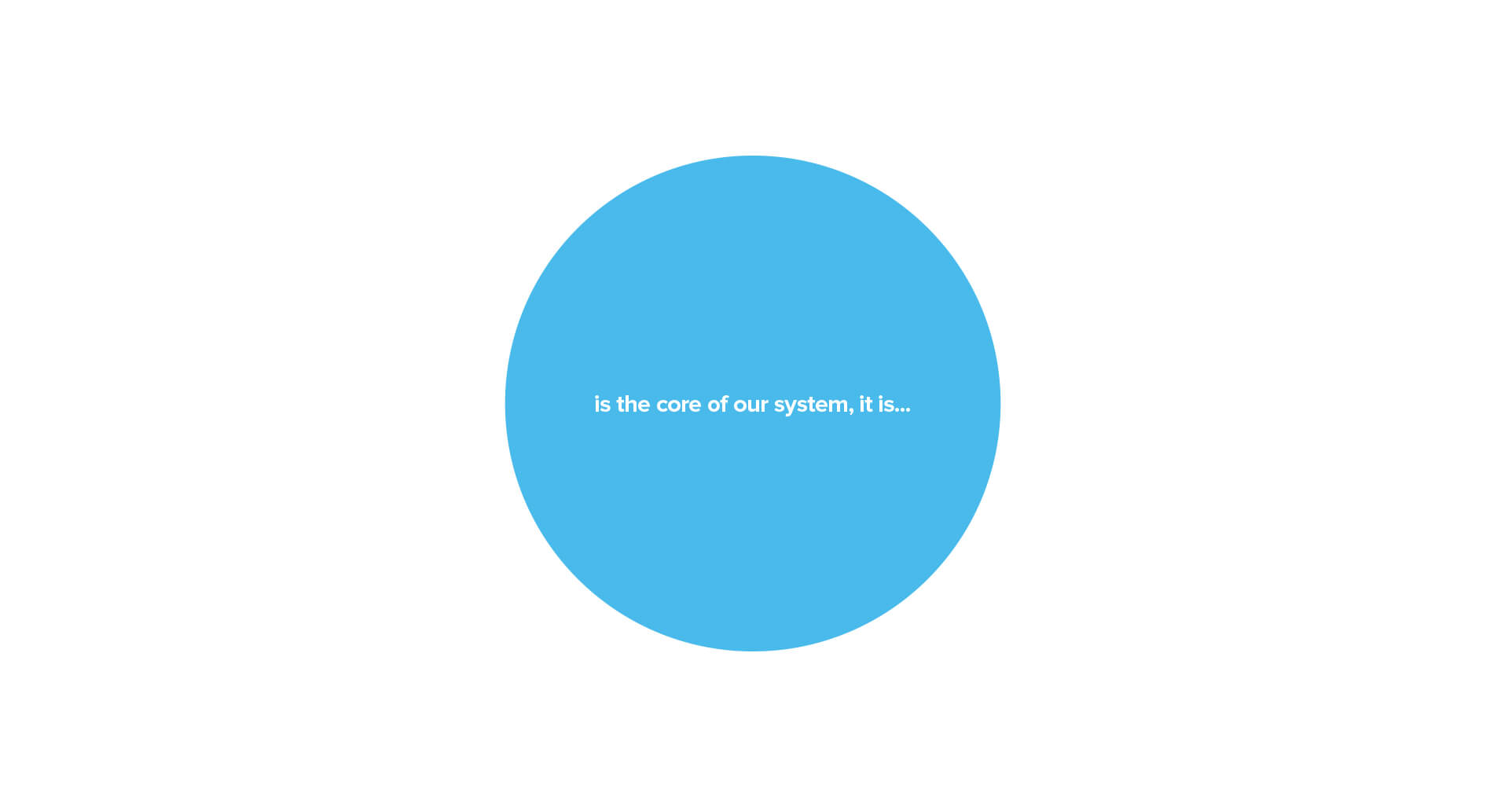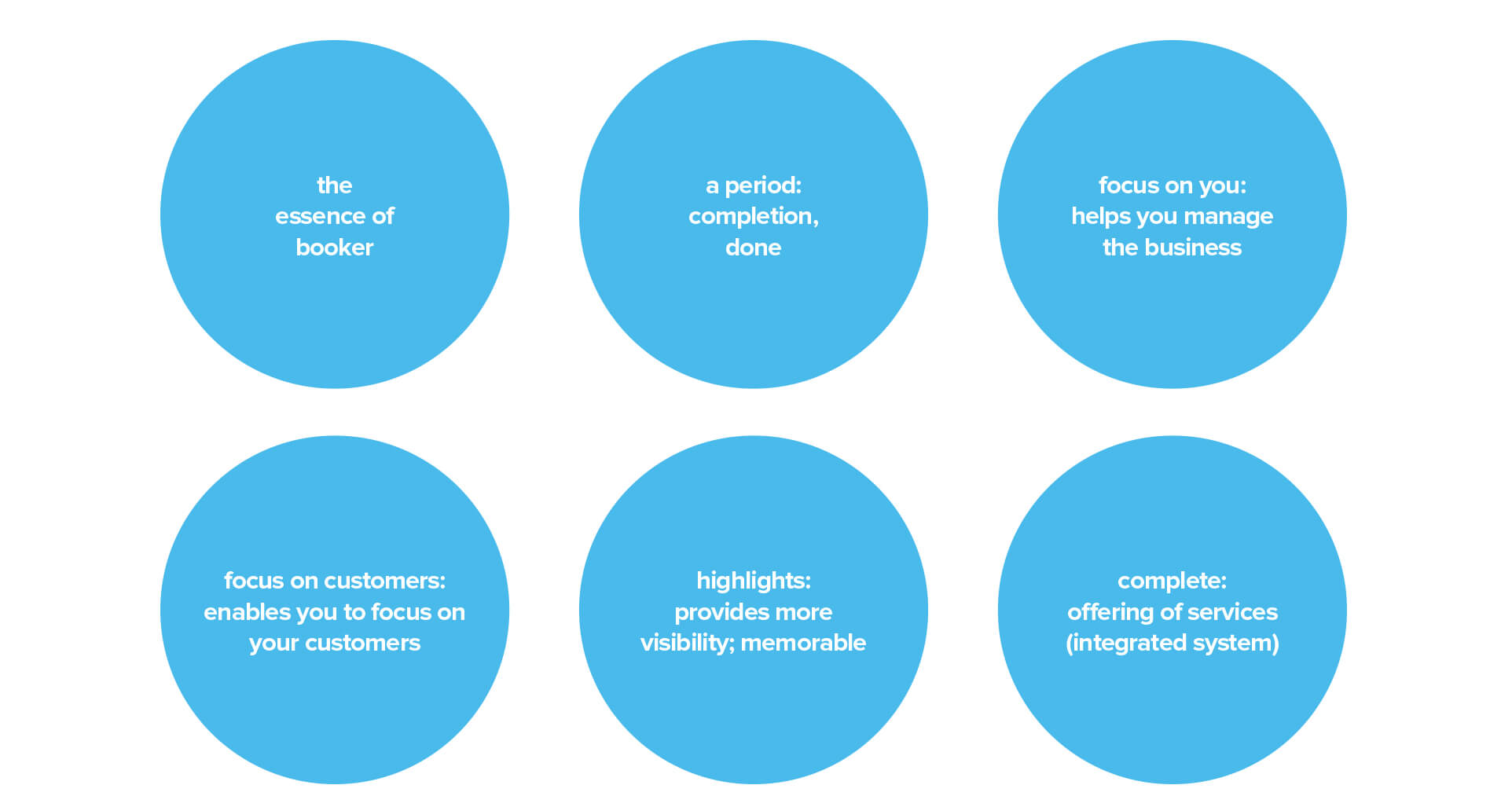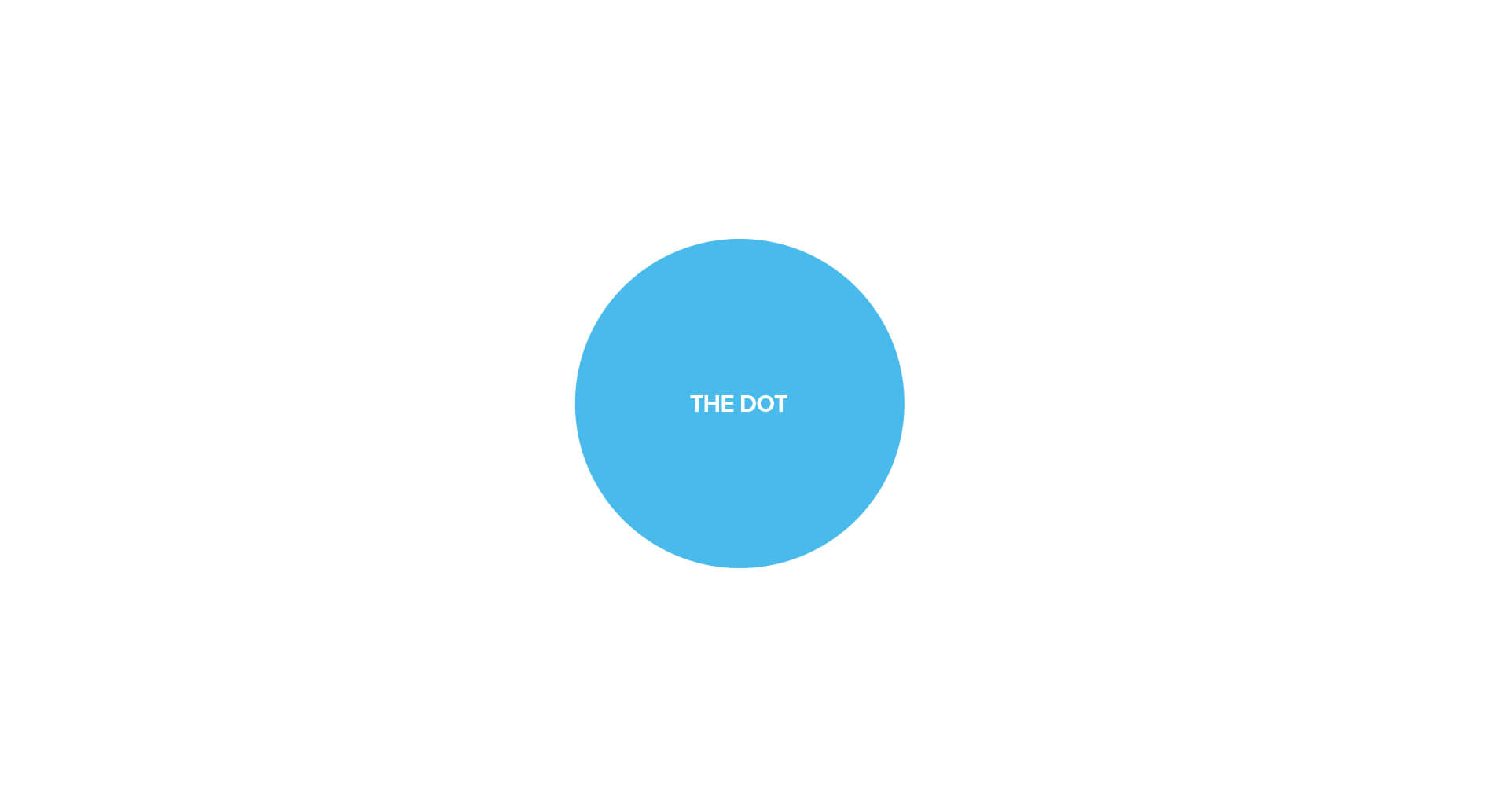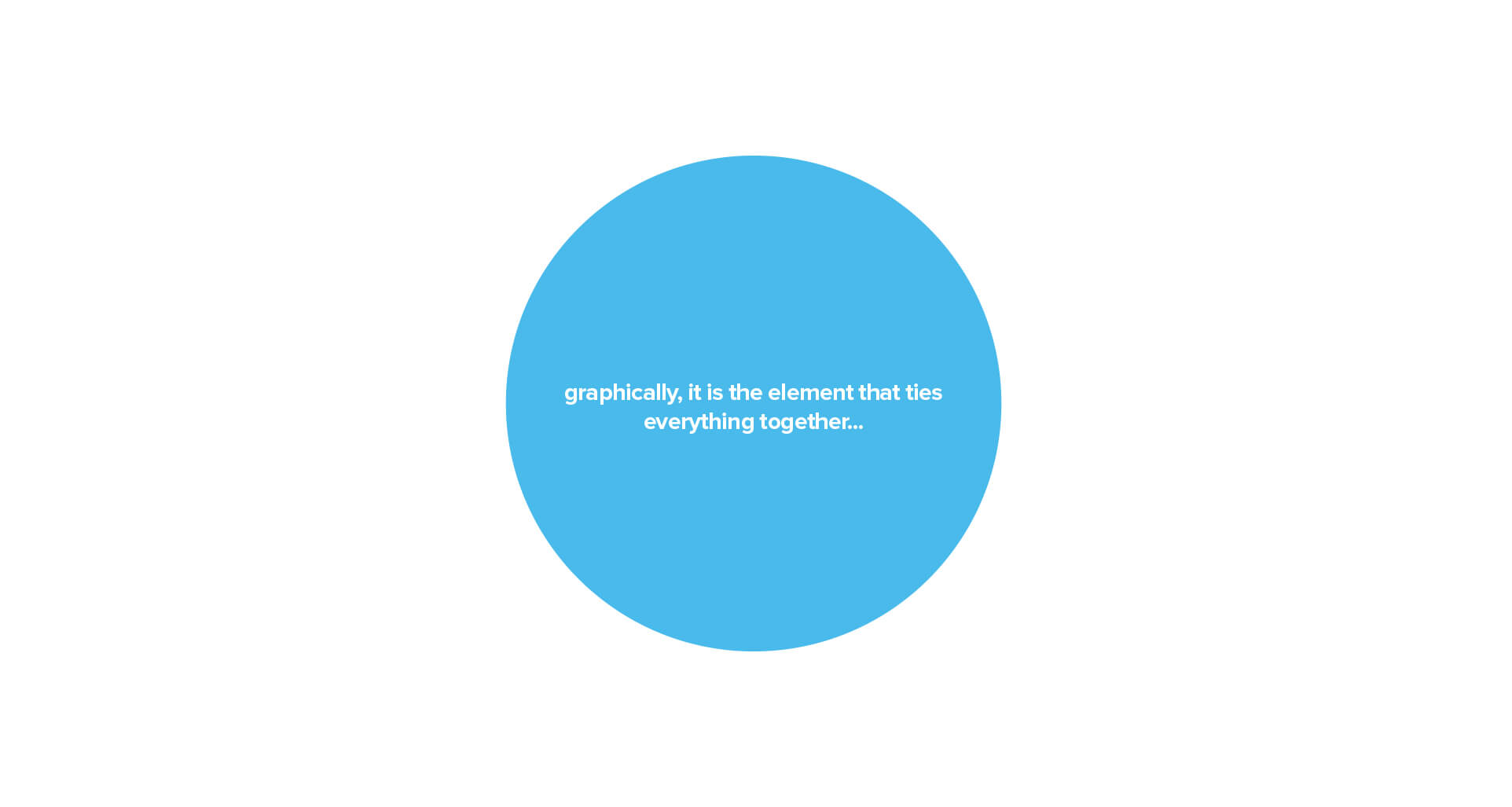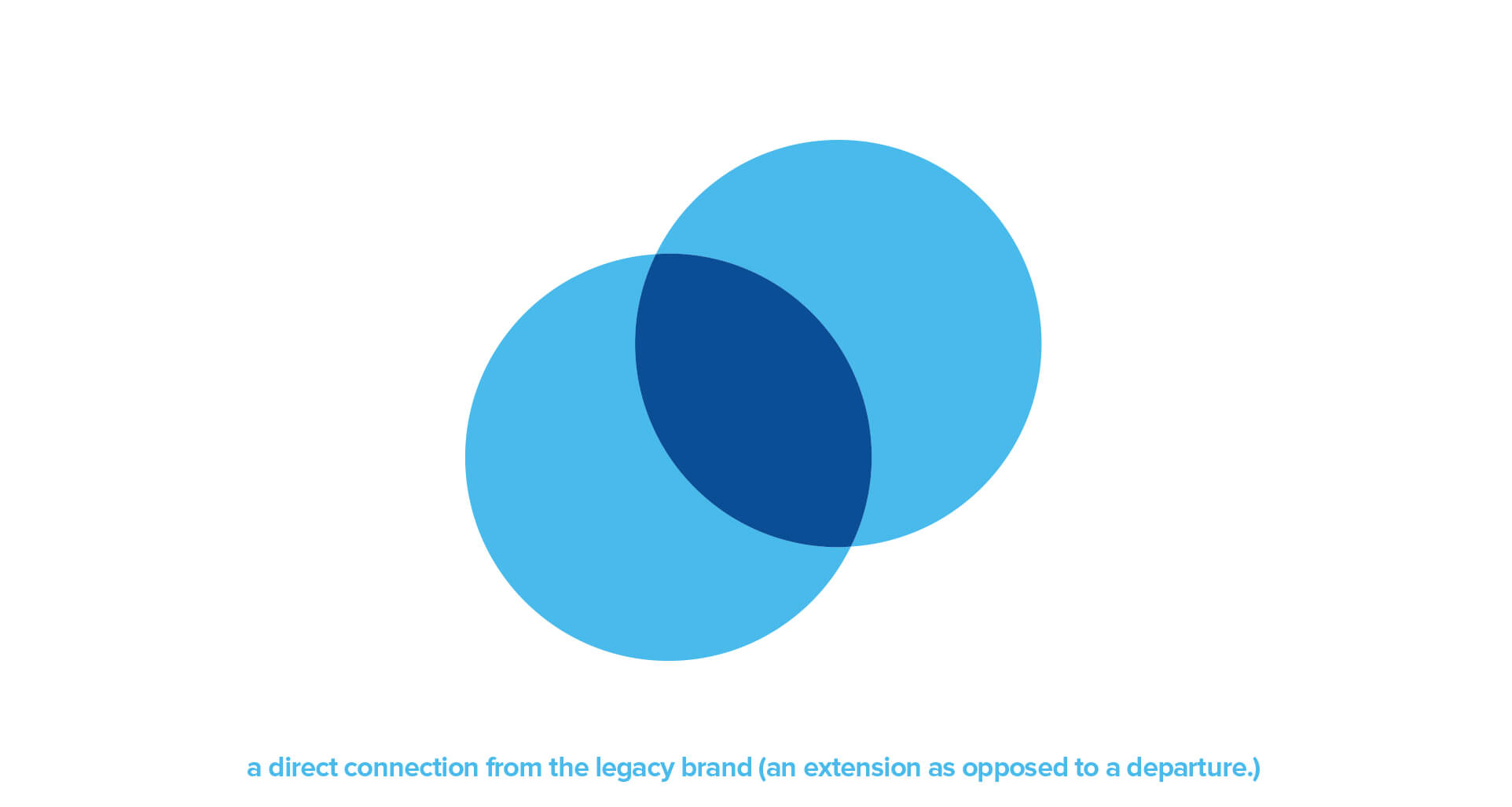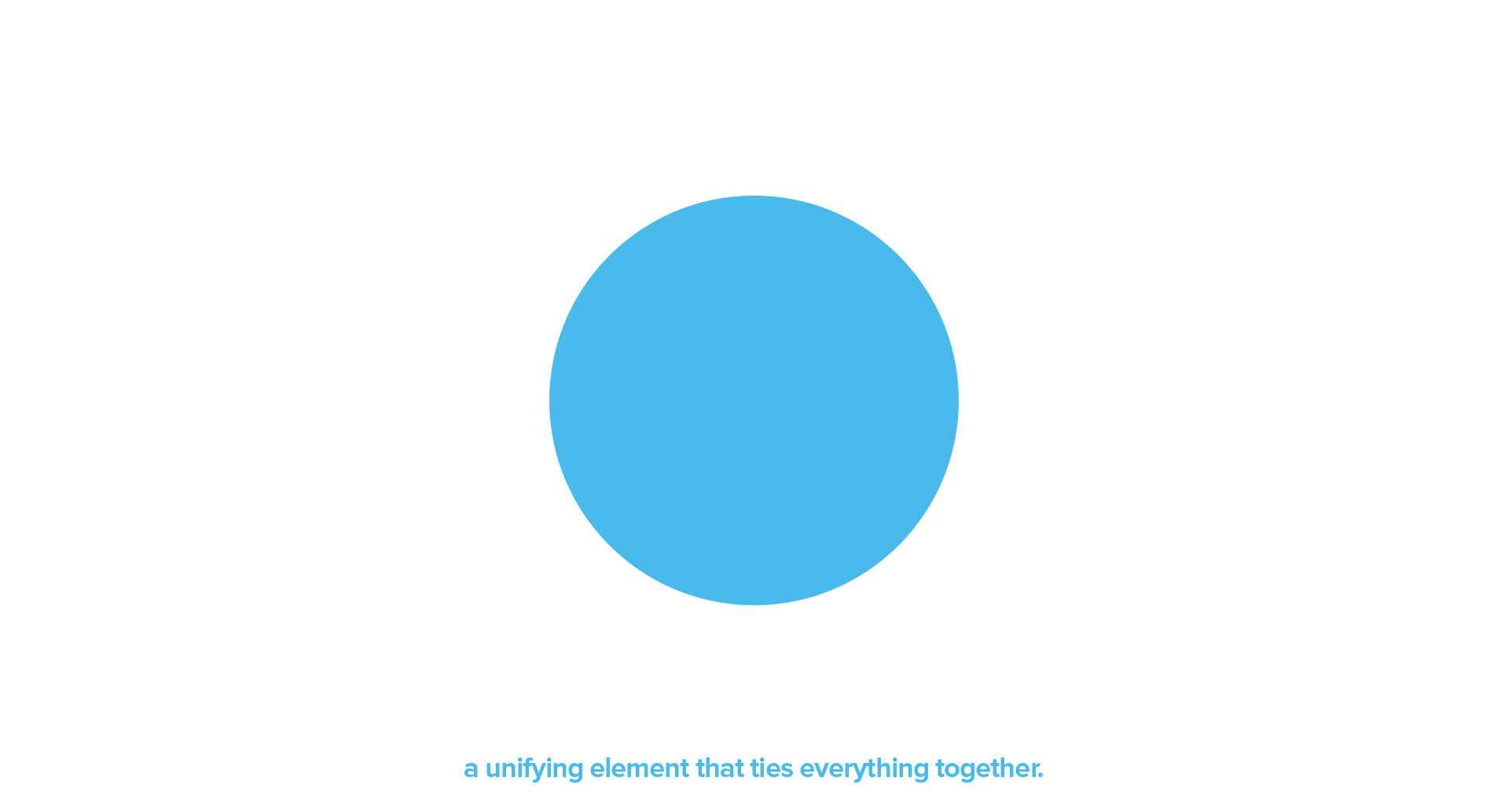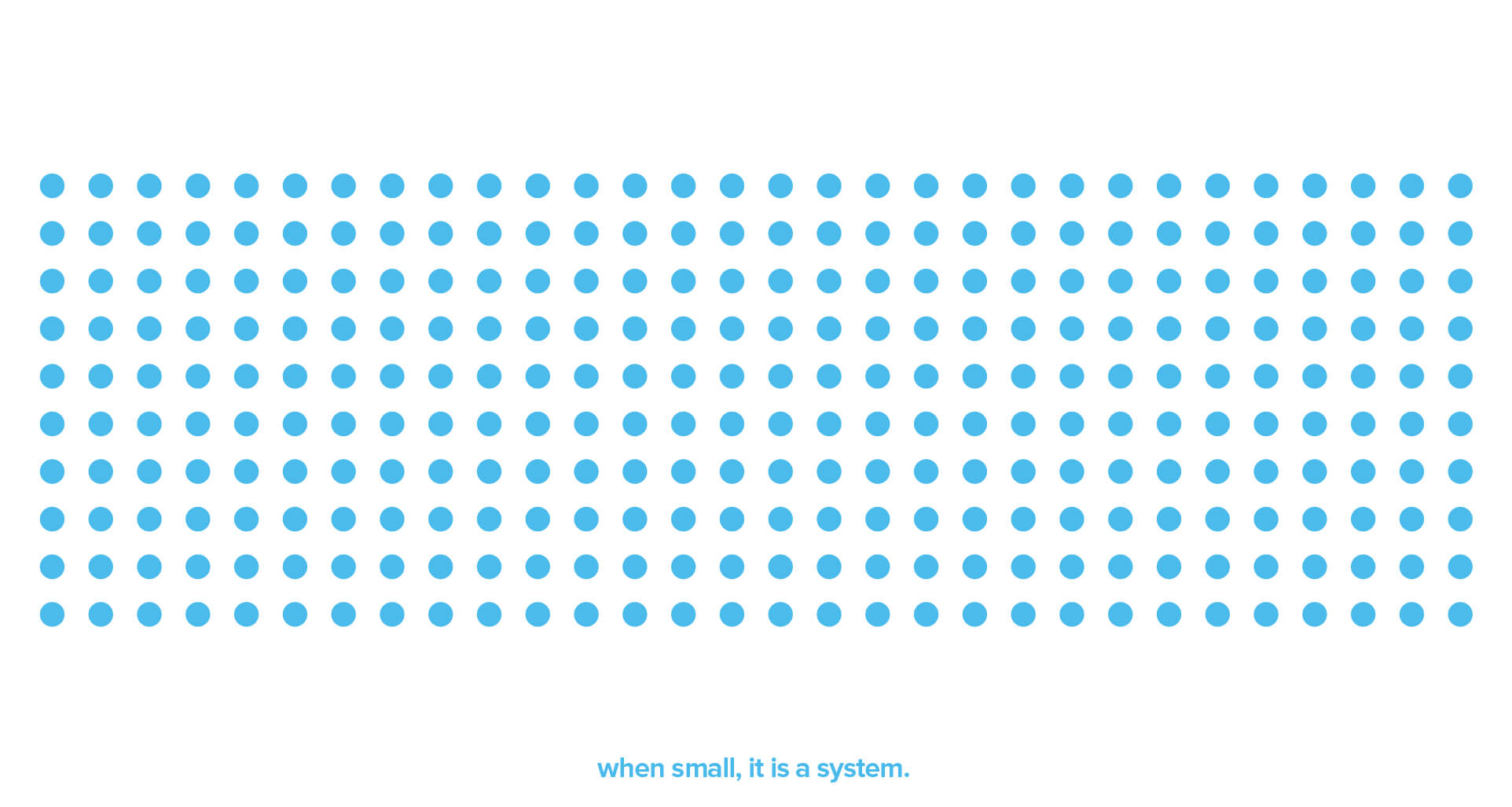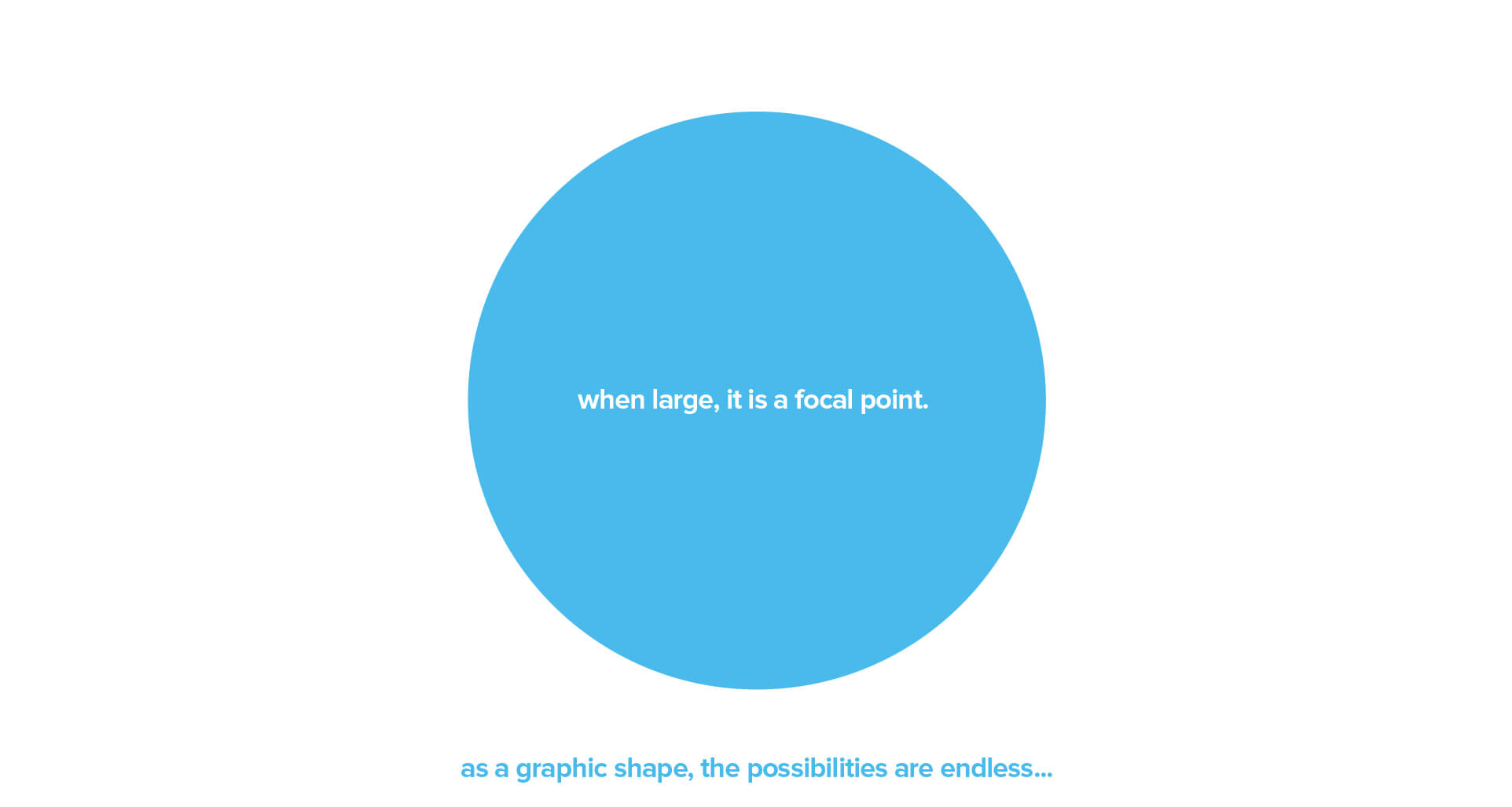Booker | Be Free. Enjoy Your Work.

SCOPE
How do you evolve the brand to penetrate new market segments?
BRAND
Booker is an SaaS-based business that provides owners of small, service-based businesses a business and marketing operating system that they can use to grow and run their operations with convenience, efficiency and enhanced growth potential. Evolved from its early days in the spa world, the company had expanded its reach in the health and wellness sector, proving the relevance of its mission: helping local service businesses grow through hyper customer focus and superior technology. The company wanted to expand into new vertical markets that exhibit the set of characteristics ideally suited to its value proposition. Initial new market segments targeted are those surrounding home improvements and maintenance.
POSITIONING
The company needed a new brand strategy to position the Booker brand in new vertical markets without alienating the buyers in the wellness and spa world. OTTO Brad Lab performed competitive analysis, customer research and an in-depth internal assessment to identify the best opportunity for the brand to support Booker’s business growth strategy. Then it built a new brand platform to position Booker as a lifestyle brand.
STRATEGY
- Brand Positioning
- Brand Equity Research
- Digital Strategy
- User Experience Mapping and Development
- Customer Insight Research
Design
- Logos & Visual Systems
- Brand Standards & Guidelines
- Brand-based Marketing Systems
- Tagline
- Brand Voice
- Creative Copywriting
- User Experience
Activation
- Employee Engagement
- Sales Engagement
- Advertising
- Internal Programs & Workshops
- Digital & Website Engagement

Based on the positioning “Be free, enjoy your work” we built a brand that communicates the value Booker provides by allowing people to focus on what they love about their business and let Booker do the rest.
The dot became a unifying icon used to highlight the different sides of the Booker value offering. At its most basic level, it represents a period, completion, getting something done. It is used as a spotlight to highlight client businesses. Lastly, it is part of an integrated system that enables you to connect to the customers you need to reach.

Taking the Booker dot to the next level, we simplified all of its client markets down to circular icons that represent them —speaking in a noncorporate, fun language that helps potential small business clients see Booker as an approachable partner, not a slick SAS company.

“The brand toolkit and training enabled the Booker team to align, flourish and grow the brand.”
Knowing Booker’s main source of new business is from constant social outreach, we built Booker as a complete digital brand. All aspects of the system are designed for its employees to maintain and grow. Working closely with its creative, content and social teams, we held workshops to teach them how to use the system—essentially how to think, look and sound like Booker.
Challenge
Booker is a SaaS-based business that provides owners of small, service-based businesses a business and marketing operating system that they can use to grow and run their operations with convenience, efficiency and enhanced growth potential. Evolved from its early days in the spa world, the company had expanded its reach in the health and wellness sector, proving the relevance of its mission: helping local service businesses grow through hyper customer focus and superior technology. The company wanted to expand into new vertical markets that exhibit the set of characteristics ideally suited to its value proposition. Initial new market segments targeted are those surrounding home improvements and maintenance.
The company needed a new brand strategy to position the Booker brand in new vertical markets without alienating the buyers in the wellness and spa world.
OTTO Brand Lab performed competitive analysis, customer research and an in-depth internal assessment to identify the best opportunity for the brand to support Booker’s business growth strategy. Then it built a new brand platform to position Booker as a lifestyle brand.
Strategy
We first conducted a comprehensive competitive analysis, where we uncovered that, with the exception of Mindbody, regardless of the specific vertical focus, every solution provider (including Booker) focused on selling the technology platform. As a result, all providers were communicating the same benefits and offering the same core product and features. The widespread messaging parity created a “trench warfare” environment: companies competed aggressively on features and price to differentiate their offerings.
The market research revealed that small businesses typically constrained by time were overwhelmed by service providers (like Booker) all approaching them with the same messages, features, and functionalities. Booker was perceived more like a utility necessary to run a small business, than as a value-added partner invested in the success of business owners. This intensified commodity pressure and made the sales cycle longer.
Through customer interviews we uncovered that business owners were, first and foremost, looking for a solution that allowed them to gain control of their operational matters so they could focus on quality of service, which increased their local reputation and referrals.
Outcome
Unlike most competitors, who are focused on selling software and place strong emphasis on functional benefits provided, such as ease, convenience or time saving, Booker is positioned as a lifestyle brand.
The strategy is designed to build affinity and a strong emotional connection with business owners based on Booker’s ability to support, enable and guide their chosen way of life. Booker’s business is to liberate owners’ lives from senseless hurdles, freeing them up to enjoy their work, their way of life, their choices. In the end, Booker helps customers be free and get back to the things they love to do.
The branding was so successful that Booker was purchased by MindBody two years later.
